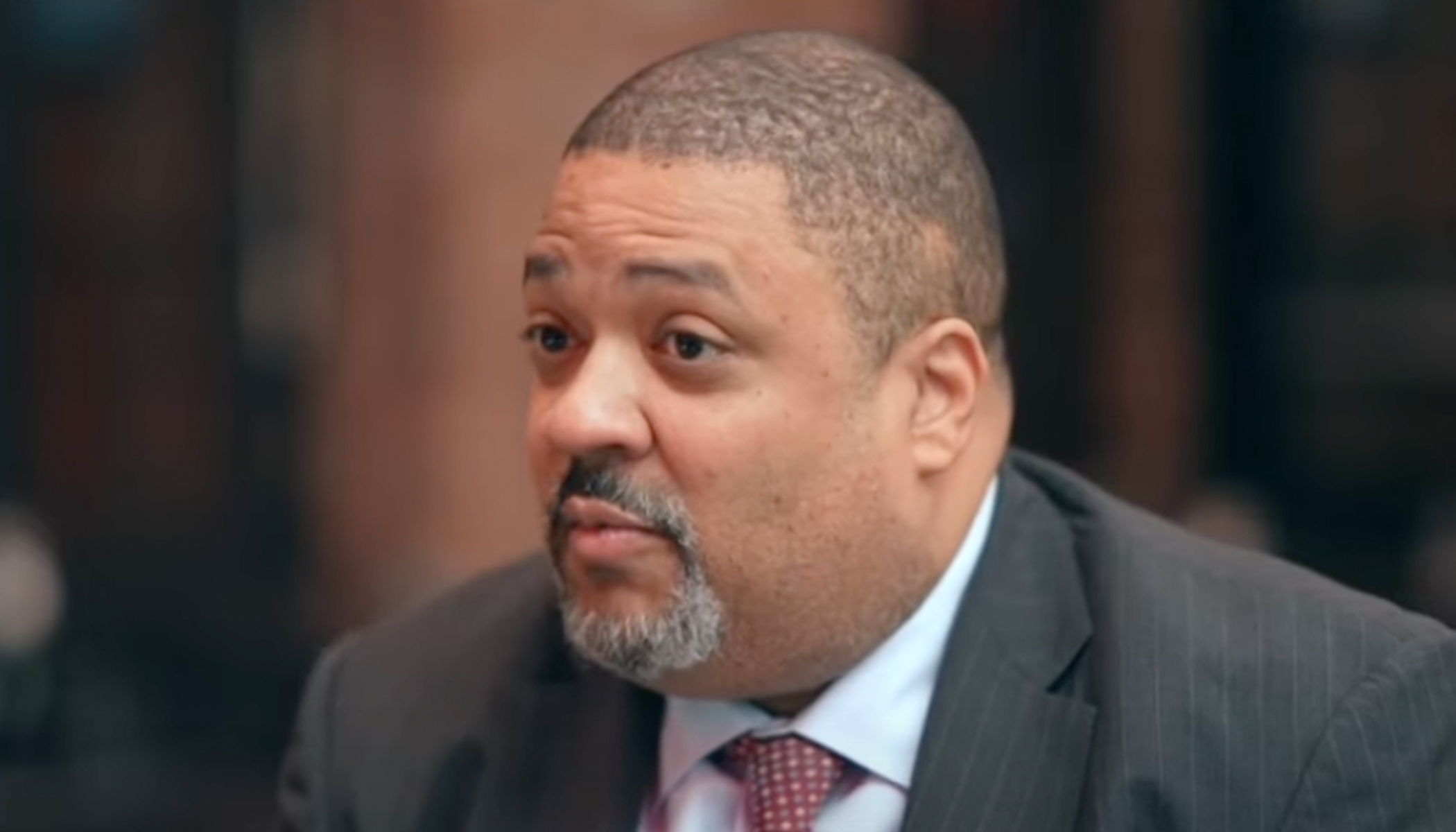Anti-Israel Protesters Repeatedly Target Sen. Ted Cruz's Residence
Repeated protests have surged at the home of Republican Sen. Ted Cruz in Houston, orchestrated by anti-Israel radicals linked to the Students for Justice in Palestine.
Cruz's steadfast support for Israel has made his home a focal point for protests, igniting broader unrest on college campuses, as Fox News reports.
Since February, Cruz's residence has been the site of 14 protests. The latest occurred on a Friday when police arrested one individual amid the agitation.
These demonstrations are not isolated incidents but part of a coordinated effort by Students for Justice in Palestine (SJP), a group with a strong presence across numerous U.S. colleges.
Students for Justice in Palestine Intensifies Campus Activities
The SJP has escalated its activities significantly, taking over buildings and setting up protest encampments at prestigious universities such as Columbia, UCLA, Harvard, and Yale.
Their primary demand is for these institutions to divest their financial interests in Israel, reflecting their strong opposition to Israeli policies.
These campus movements have been part of a larger reaction to a conflict that began with a Hamas attack on Israel on October 7, which has since fueled antisemitic incidents and raised concerns over the safety of Jewish students.
The national organization, NSJP, boasts over 200 chapters in the U.S. and has faced criticism for its harsh rhetoric and actions supporting Hamas, including celebrating the October attack as a "historic win."
Controversial Support and University Responses
The NSJP's activities have garnered financial support from entities like the Westchester Peace Action Committee Foundation, which itself has received funds from a George Soros-backed nonprofit. This financial backing has come under scrutiny as the group's stance and actions have led to significant controversy.
In response, universities such as Brandeis, Rutgers, and Case Western have taken measures against NSJP, ranging from bans to censure, due to its endorsement of Hamas.
Meanwhile, the situation outside Cruz's home has been chaotic, with the Houston Police repeatedly called to manage the disturbances. Despite the recurring nature of these protests, police have not definitively confirmed the involvement of specific groups.
Social Media Amplifies Senator Cruz's Reactions
Cruz has actively communicated about these events through his social media, detailing the disturbances caused by the protesters. He describes scenes of loud confrontations, including the use of cowbells and whistles late into the night, exacerbating tensions with local residents, including one instance where protesters verbally attacked a neighbor who complained.
Statements from both sides encapsulate the intense emotions and political stakes involved. A Cruz spokesman emphasized the senator's unwavering support for Israel and his disregard for what he perceives as terrorist-supporting protesters.
Conversely, a protester highlighted their opposition to Cruz's policies, critiquing his ties to pro-Israel groups and calling for a more aggressive approach to Palestinian liberation.
Senator Cruz's Strong Condemnation of Campus Culture
In further statements to the media, Cruz has articulated his concerns about the cultural impact of such protests on American universities, labeling the situation as a manifestation of "cultural Marxism" and a threat to traditional American values. He argues that these protests are not only political but also pose a real threat to the safety of Jewish students, depicting a grim picture of the current academic environment in the U.S.
As these protests continue, the broader implications for U.S. campus politics and international relations remain significant, with debates intensifying around the issues of free speech, academic freedom, and international solidarity movements.
Looking Forward: Implications and Expectations
The ongoing situation poses complex challenges for both local law enforcement and national political dialogue. How institutions and political leaders respond to these movements could shape the landscape of campus activism and U.S.-Middle East relations for years to come.
In conclusion, the frequent protests at Cruz's home signify a sharp escalation in the domestic responses to international conflicts. These events reflect deeper societal divisions and a pivotal moment for campus activism in the U.S., compelling a reevaluation of university policies and national political strategies concerning Israel and Palestine.






